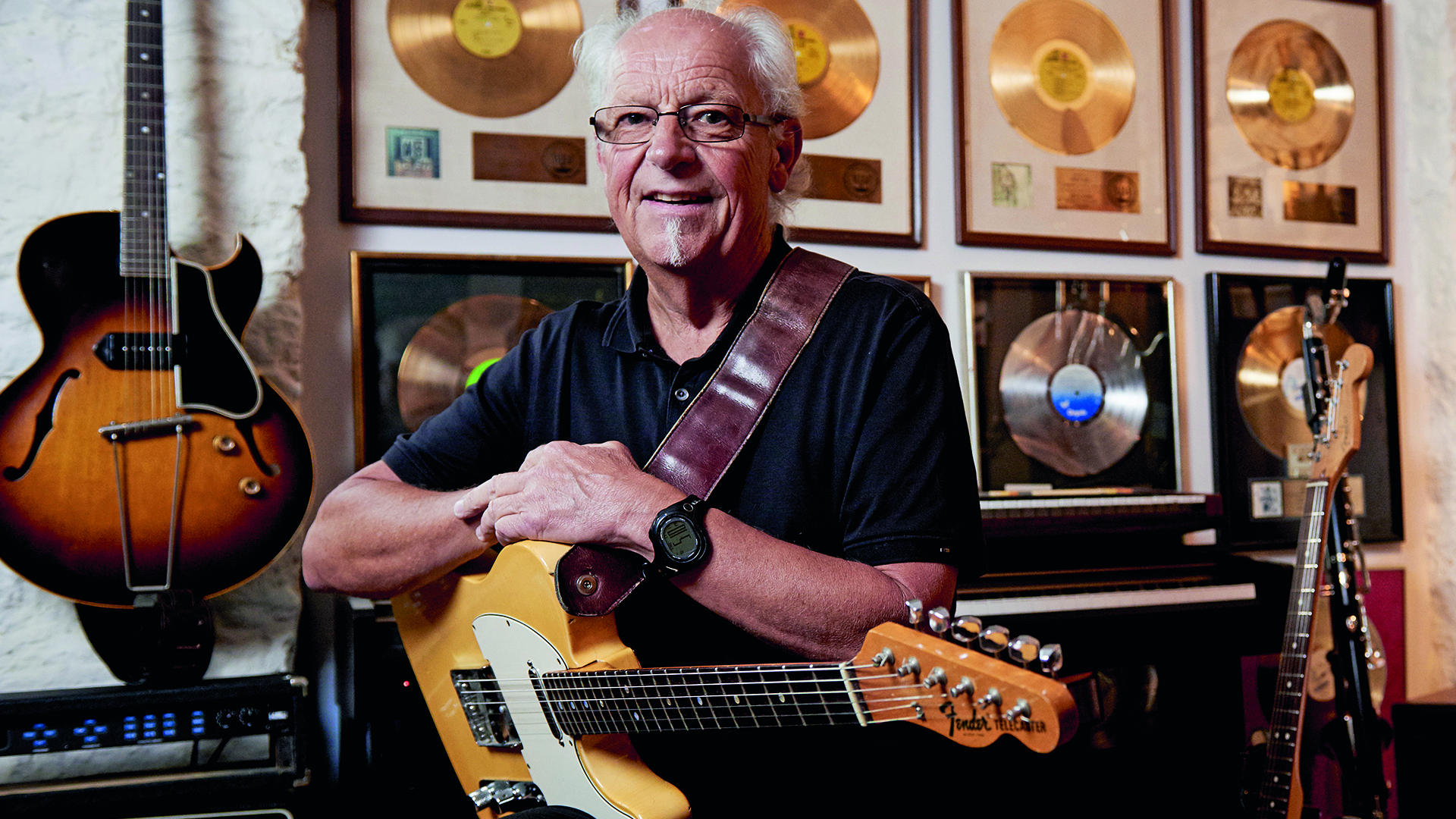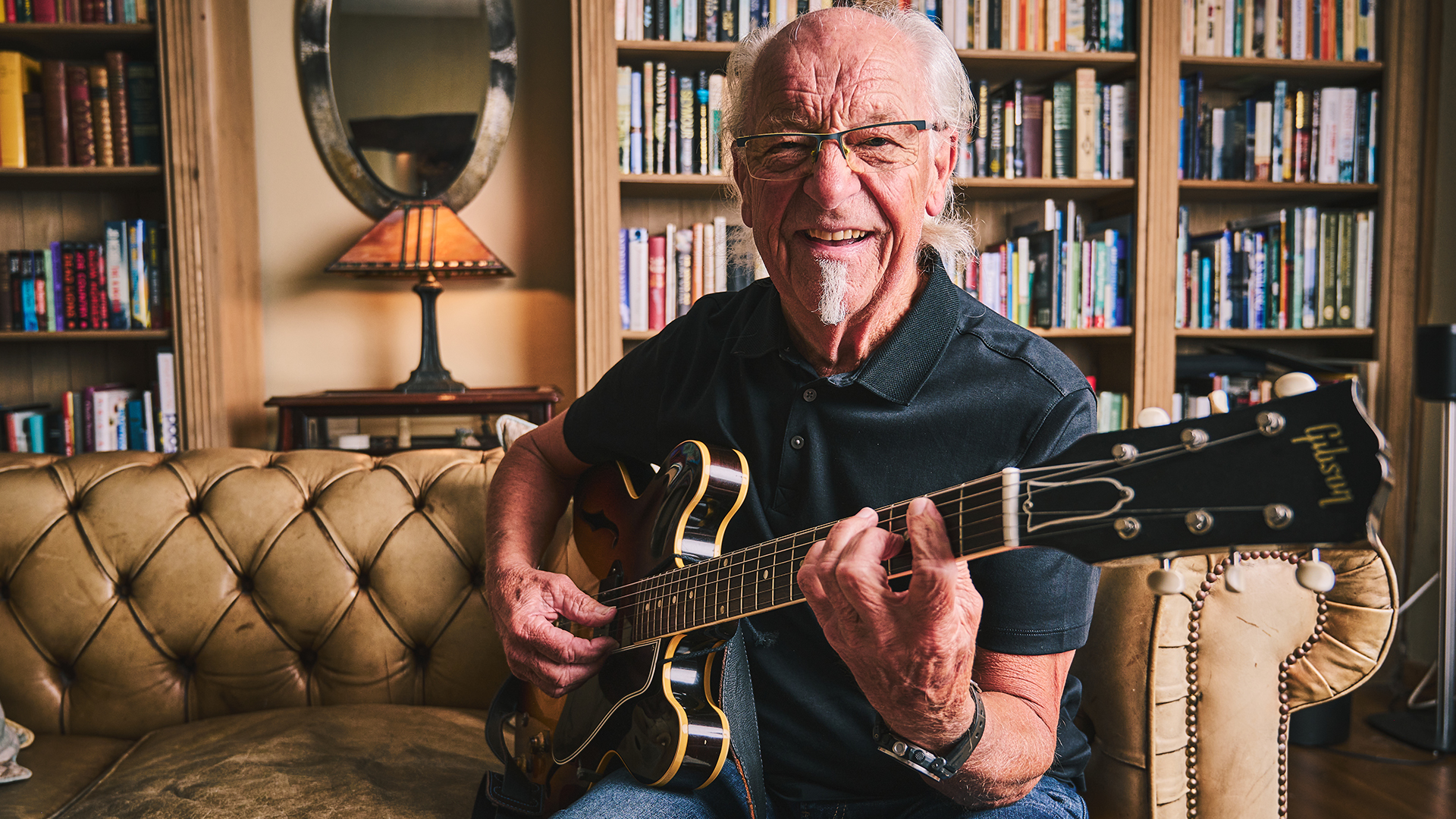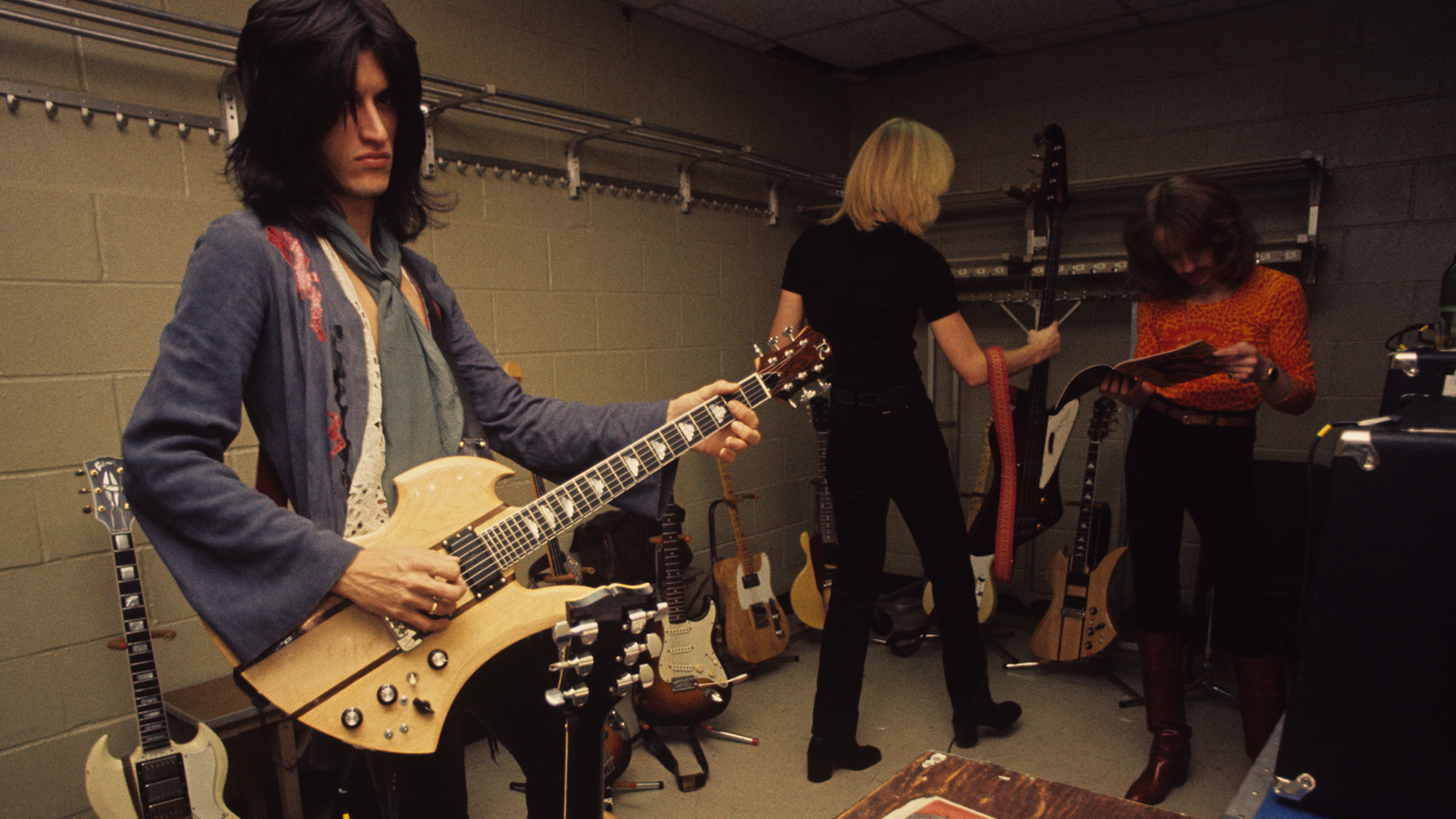“I avoided it like the plague, but you have to understand it and feel it to be a complete player.” Martin Barre neglected one important aspect of guitar playing for years until another famous guitarist helped him see the light
The former Jethro Tull guitarist says, "There’s always some aspect that will grab me, and right now it’s my right-handed technique"

Former Jethro Tull guitarist Martin Barre believes he didn’t become a “complete player” until he focused on improving his “terrible” rhythm guitar chops. And he credits another famous guitarist with helping him see the life rather late in life.
Perhaps more than other guitarists, Barre has been vocal about the difficulties he's faced in his six-string career. He filled Jethro Tull's guitar slot in late 1968, following the departure of Mick Abrahams and a brief cameo from Tony Iommi, who used his experiences to take Black Sabbath to the next level.
Barre subsequently weathered a trial by fire during his first few months in the band that left him “terrified,” as he shared stages with his high-flying heroes. He certainly proved his mettle over the years, leading the progressive rockers through their most creative and influential years before departing in 2012.
He's continued on as a solo performer, but as he makes clear in a new interview with Guitarist, he hasn't stopped growing. In fact, he says he's finally begun to focus on an aspect of playing that he never gave much attention to: rhythm guitar.
“In the beginning, I was a terrible rhythm player,” Barre says. “I sort of avoided it like the plague.
"But Steve Lukather famously has said that most of his sessions were playing rhythm guitar, and that made me sit up and take notice.”
Indeed, Lukather — whose session credits include Michael Jackson’s “Beat It” and work with artists ranging from Elton John to George Benson — spoke about the importance of rhythm guitar playing with Guitar Player in 2018.
Get The Pick Newsletter
All the latest guitar news, interviews, lessons, reviews, deals and more, direct to your inbox!
“Ever hear someone pick up a guitar and start strumming a blues shuffle or something, and it feels so good it just makes you want to jump in and play with them?” he asked. “That’s the kind of player people want to hire in the studio — the person who comes up with parts that make the song feel better.
“Kids can learn every lick in the world from the Internet now, but a lot of them have no groove because they haven’t learned how to play rhythm guitar — like that’s not important!”
The concept resonated with Barre, who set to work improving a part of his playing he had not so much neglected as outright abandoned.
“I examine every aspect of what I do," he says. "It could be my left-handed technique, using my little finger, more bending notes with it, scales, modes, or listening to and trying to play classical.
“There’s always some aspect that will grab me, and right now, it’s my right-handed technique. I knew that I needed to up my rhythm game. Even in playing solos, the rhythm of what you’re playing is vital for the feel. You can’t not be a good rhythm player. You have to understand it and feel it; otherwise, you’re not a complete player.”
Which just goes to show it's never too late in your career to start working on something new.

Barre stepped away from life in Jethro Tull in 2012, although his comments from 2023 suggest it wasn’t exactly a mutual decision.
Anderson, meanwhile, sat down with GP to weigh in on Tull’s long line of guitarists, praising Barre — despite their frosty relationship these days — for his versatility, and being the final piece for his revitalized vision for the band.
“The good and interesting thing about Martin’s playing was that he was aware of the blues,” he says, “but he wasn’t a blues player. So he fitted much better into the songs that I was writing for our second album, Stand Up, in 1969.”
A freelance writer with a penchant for music that gets weird, Phil is a regular contributor to Prog, Guitar World, and Total Guitar magazines and is especially keen on shining a light on unknown artists. Outside of the journalism realm, you can find him writing angular riffs in progressive metal band, Prognosis, in which he slings an 8-string Strandberg Boden Original, churning that low string through a variety of tunings. He's also a published author and is currently penning his debut novel which chucks fantasy, mythology and humanity into a great big melting pot.
“I was home with the family and I got a phone call saying, 'You've won a Grammy.' We were like, 'You've got to be kidding?'” Martin Barre recalls Jethro Tull’s famous Grammy triumph over Metallica 36 years on
“F****d me up completely. I couldn’t make head or tail of it.” Eric Clapton on the one guitarist who blew him away onstage











